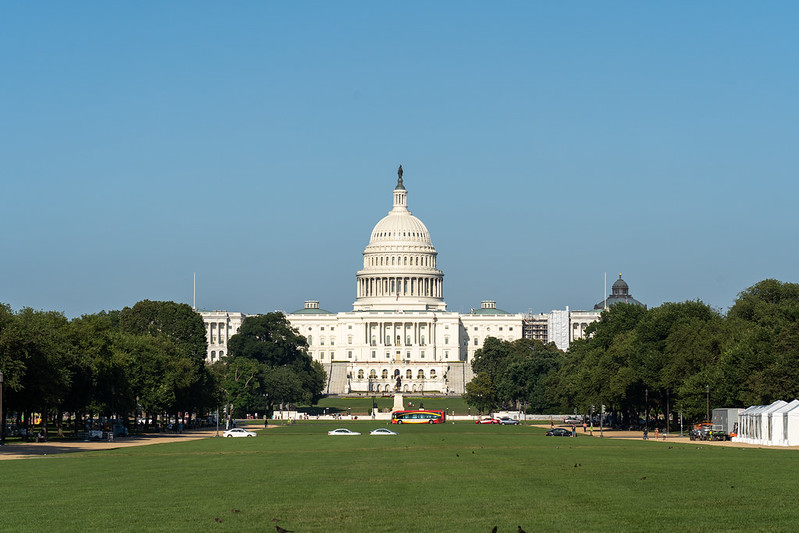
House Oversight Exploring Facial Recognition Legislation
By: Bethany Patterson
In a House Committee on Oversight and Reform hearing, Chairwoman Carolyn Maloney announced that the committee will introduce facial recognition legislation in the “very near future.”
The hearing was the third facial recognition hearing the committee has held in the past year and primarily focused on commercial usage of the technology. While Ranking Member Jim Jordan stated he does not want to impede technological innovation in the private sector, he expressed concerns about the government’s usage of it.
“We understand and appreciate the great promise this technology holds for making our lives better,” Ranking Member Jordan said. “The urgent issue we must tackle is reigning in the government’s unchecked use of this technology when it impairs our freedoms and our liberties.”
In the past year, several American cities have enacted bans on government usage of facial recognition, citing concerns over the accuracy of the technology. In the hearing, Rep. Jimmy Gomez shared that facial recognition technology once falsely flagged him as someone who committed a crime, a technical flaw he attributed to the “color of [his] skin.”
Dr. Charles Romine, director of the Information Technology Laboratory at the National Institute of Standards and Technology (NIST), noted that facial recognition technology has higher false positive rates for women, Asian and African Americans, Native Americans, American Indians, Alaskan Indians and Pacific Islanders.
But according to Daniel Castro, vice president of the Information Technology and Innovation Foundation, most Americans generally support facial recognition technology — particularly when it improves public safety. He pointed out that facial recognition technology is being used to increase security and convenience for several industries, including social media companies, airlines, and financial institutions.
“As with technologies that came before it, as the average American becomes more familiar with the benefits of facial recognition technology, their level of acceptance of the technology will likely grow,” he wrote in his testimony.
He suggested that Congress enact measures to ensure greater accountability, including passing comprehensive privacy legislation as well as laws that require law enforcement to secure warrants before using it.
One such example is the Facial Recognition Technology Warrant Act, introduced by Senators Chris Coons and Mike Lee in November. The bill would require that federal law enforcement obtain a warrant to monitor an individual with facial recognition technologies for periods longer than 72 hours, while limiting the warrant’s allowance of ongoing surveillance to 30 days. Such safeguards are necessary to prevent government overreach.
What was clear was that many committee members on both sides of the aisle want to work through the implications of facial recognition technology. The key is doing so in a way that protects Americans without inhibiting innovation.
Photo credit: Jonathan Cutrer (Flickr)